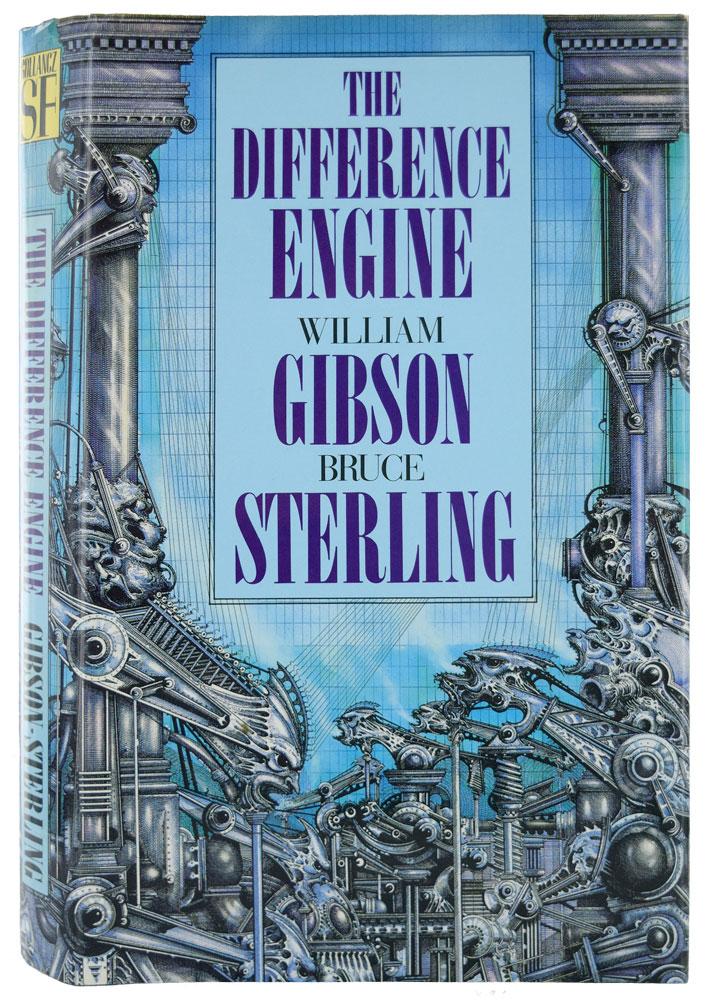What is steampunk? And what isn't?
Taking the first issue, the short answer to "What is steampunk?" is probably something like "It's impossible tech with a retro, generally Victorian, feel."
But this seems to me to be the wrong question. It implies that there's a clear yes-or-no, either-or answer, that something is either in or out. I think this attitude leads itself to people appointing themselves as experts and gatekeepers and excluding others. A friend of mine says that in any subculture, first you get the innovators, and then you get the gatekeepers. And that, to my mind, risks making a genre stagnate.
For instance, is this steampunk?
It's some sort of ornate, anachronistic tank, and its name - the Empire Steam Tank - suggests that it's the right sort of thing. But the guys around it are Renaissance rather than Victorian, and its setting - Warhammer Fantasy Battle - is inspired by Medieval and Renaissance history and myth.
The sensible answer, to me, is to say that it's got a steampunk influence, by which I mean that it's got a sense of anachronistic, impossible technology, but also a sense of being tied to the look and feel of a historical period. The Space Captain Smith books are like this. They're science fiction, but they draw on Victorian and World War 2 imagery as well (and a load of other stuff). If you want to call them steampunk, go ahead, but that's not all they are.
If you want, you can subdivide this idea into different sorts of "punk": "dieselpunk" for the 1930s-50s, "clockpunk" for the steam tank above (and some of the machines in Up To The Throne), and so on. But outside really tying down the specific graphic style of a time, I'm not sure I see the point. "Retro" covers a lot of bases.
 |
| A book of Marmite |
Is steampunk dead? And who cares?
So, question 2. Is steampunk dead? Well, as far as I can see, self-evidently not. I've got friends who continue to do "that sort of thing". The style will always be fun and enjoyable, even if it's not cutting-edge among the youth of today. It's also a useful way of writing all sorts of stories, from serious discussions about the nature of empire to jolly adventures where the inconveniences of history and science can be temporarily put aside. That kind of retro-tech will always be useful to authors and visual artists. As such, it can't "die".
As to the subculture aspect of it, steampunk remains one of the easiest ways to get a lot of people together who do interesting things. It allows a wide range of creativity and isn't tied in to a particular franchise or intellectual property. You don't have to like The Difference Engine, for instance, to like steampunk as a while. It's also family-friendly, at least here in the UK, and arguments that it's meant to be fundamentally subversive and anti-establishment never really ring true with me.
So, I'm not sure what the answer to that is, except that it certainly doesn't look dead. I've met some great people through steampunk, and I've had some really good times because of it. Long may it continue.



No comments:
Post a Comment